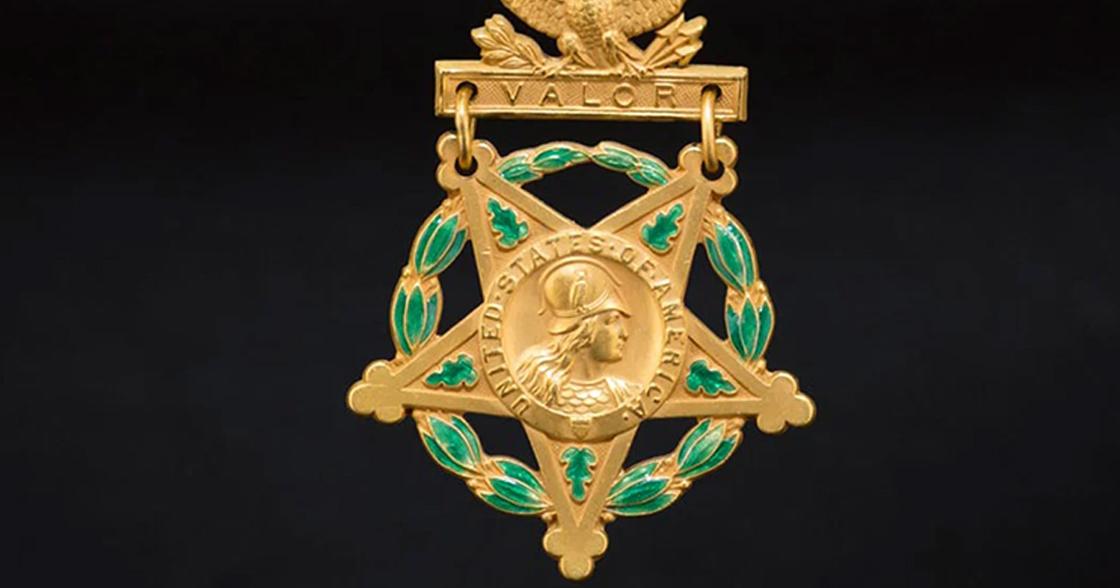Break up? The United States was 37 states loosely bound by a single constitution. When it appeared some states were seeking to abolish slavery, something that was agreed to in the Constitution, then the Slave States felt that it was the abolitionist states that were breaking the agreement.
I agree with Lee that building certain monuments can create division. I also feel the same way about destroying 100+ year monuments. Better to follow George Santayana's advice and learn from the past instead of creating divisions and/or trying to bury it as if it never happened.
From your link:
“I think it wiser,” the retired military leader wrote about a proposed Gettysburg memorial in 1869, “…not to keep open the sores of war but to follow the examples of those nations who endeavored to obliterate the marks of civil strife, to commit to oblivion the feelings engendered.”
Historical Context: The Constitution and Slavery | On the 200th anniversary of the ratification of the US Constitution, Thurgood Marshall, the first African American to sit on the Supreme Court, said that the Constitution was "defective from the start." He pointed out that the framers had left...

www.gilderlehrman.org
The framers of the Constitution believed that concessions on slavery were the price for the support of southern delegates for a strong central government. They were convinced that if the Constitution restricted the slave trade, South Carolina and Georgia would refuse to join the Union. But by sidestepping the slavery issue, the framers left the seeds for future conflict. After the convention approved the great compromise, Madison wrote: "It seems now to be pretty well understood that the real difference of interests lies not between the large and small but between the northern and southern states. The institution of slavery and its consequences form the line of discrimination."
Of the 55 delegates to the Constitutional Convention, about 25 owned slaves. Many of the framers harbored moral qualms about slavery. Some, including Benjamin Franklin (a former slaveholder) and Alexander Hamilton (who was born in a slave colony in the British West Indies) became members of anti-slavery societies.






